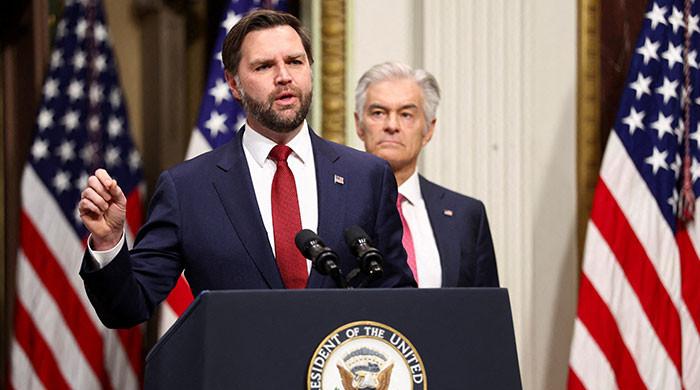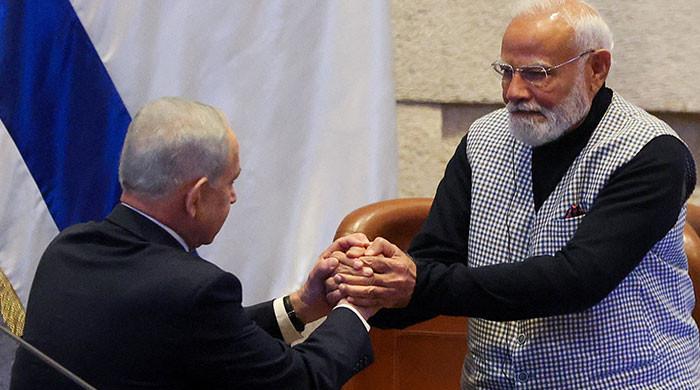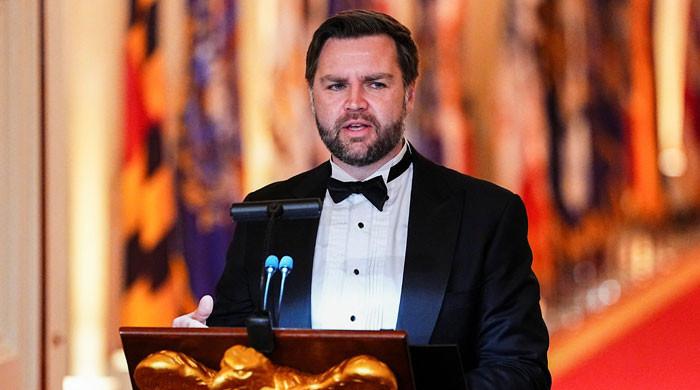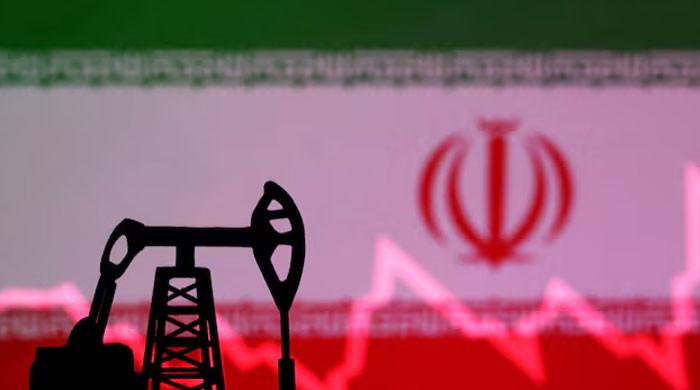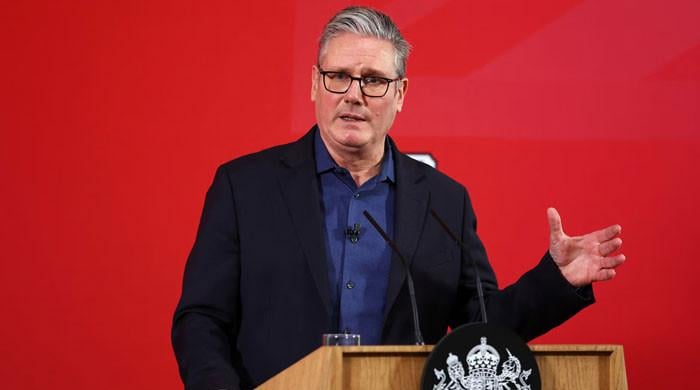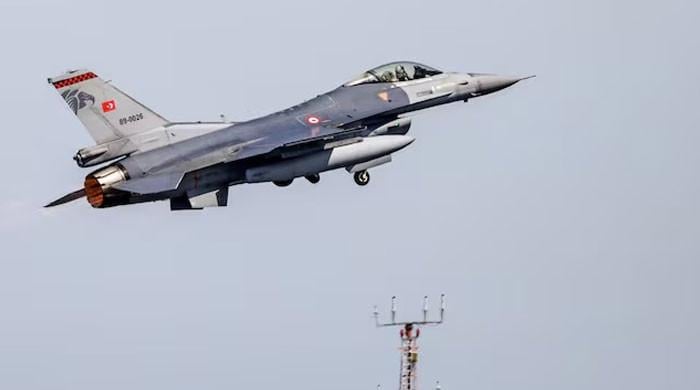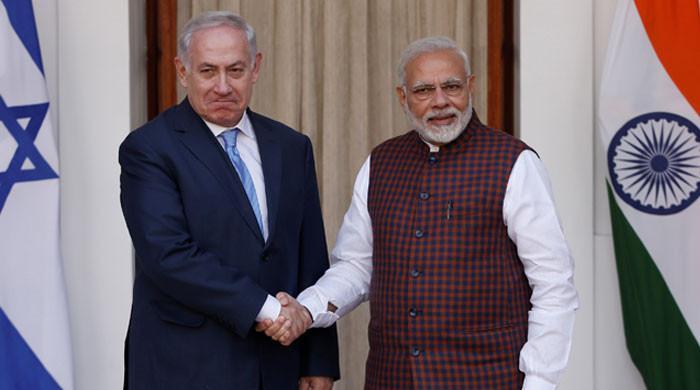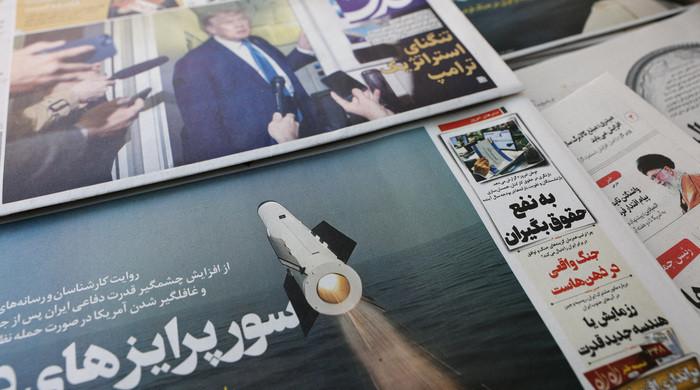Turkey says won't tolerate any rights violations in northeast Syria
Will not tolerate human rights violations in northeast Syria, says Foreign Minister Mevlut Cavusoglu
October 26, 2019
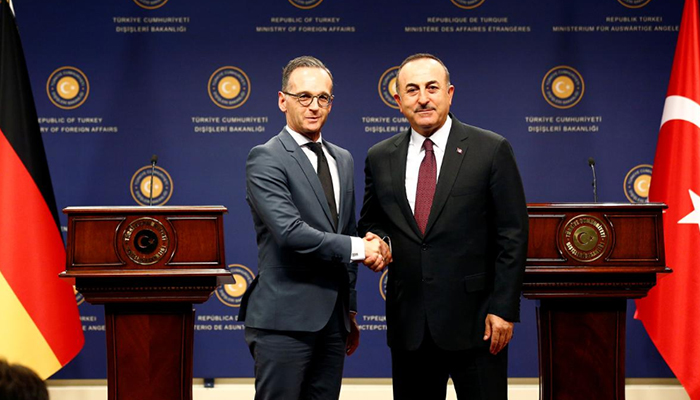
ANKARA: Turkey will not tolerate any human rights violations in northeast Syria, Foreign Minister Mevlut Cavusoglu said on Saturday, as a ceasefire holds in a border area where Ankara sent in troops this month targeting Kurdish YPG militia.
Cavusoglu, speaking at a joint news conference with his German counterpart Heiko Maas, said Turkey was providing humanitarian aid to civilians in the area but said a German proposal for an international safe zone was “unrealistic”.
“We will investigate to the very end even the smallest bit of violation (of human rights) and complaint. We won’t tolerate even the least violation of human rights violations,” Cavusoglu said.
Also Read: Turkey to establish Centre of Excellence in Tourism and Hospitality in Pakistan
Turkey launched its cross-border offensive on Oct. 9 after US President Donald Trump pulled out around 1,000 American troops.
Ankara regards the YPG as terrorists linked to Kurdish insurgents operating in southeast Turkey.
Turkey halted its military offensive last week under a US-brokered ceasefire. Under an accord then negotiated with Russia, Syrian border guards and Russian military police have now begun clearing the YPG from within 30 km (19 miles) of the Syrian-Turkish frontier.
From Tuesday Russian and Turkish forces will start to patrol a narrower, 10-km strip of land in northeast Syria.
Also Read: Turkey, Malaysia, Pakistan to launch Islamic TV channel: PM Imran
Turkey’s NATO allies, including the United States, have criticised its military incursion in northeast Syria, fearing it will undermine the fight against Daesh militants.
Germany’s defense minister presented to NATO on Thursday her proposal for a security zone on the Turkish-Syrian border. It received initial support from both Turkey and the United States, but on Saturday Cavusoglu said it was not realistic.
The plan would require the support of Russia, the most powerful outside player in Syria and a close ally of President Bashar al-Assad.




